Address
1st floor B Wing Dinath Terrace Lady Jamshedji Road Landmark : Opposite City Light Theatre, , Mahim, Mumbai, Maharashtra 400016
Work Hours
Mon to Sat: 3PM - 7PM
Overview | Treatment | Surgery | Precautions | After Surgery Care
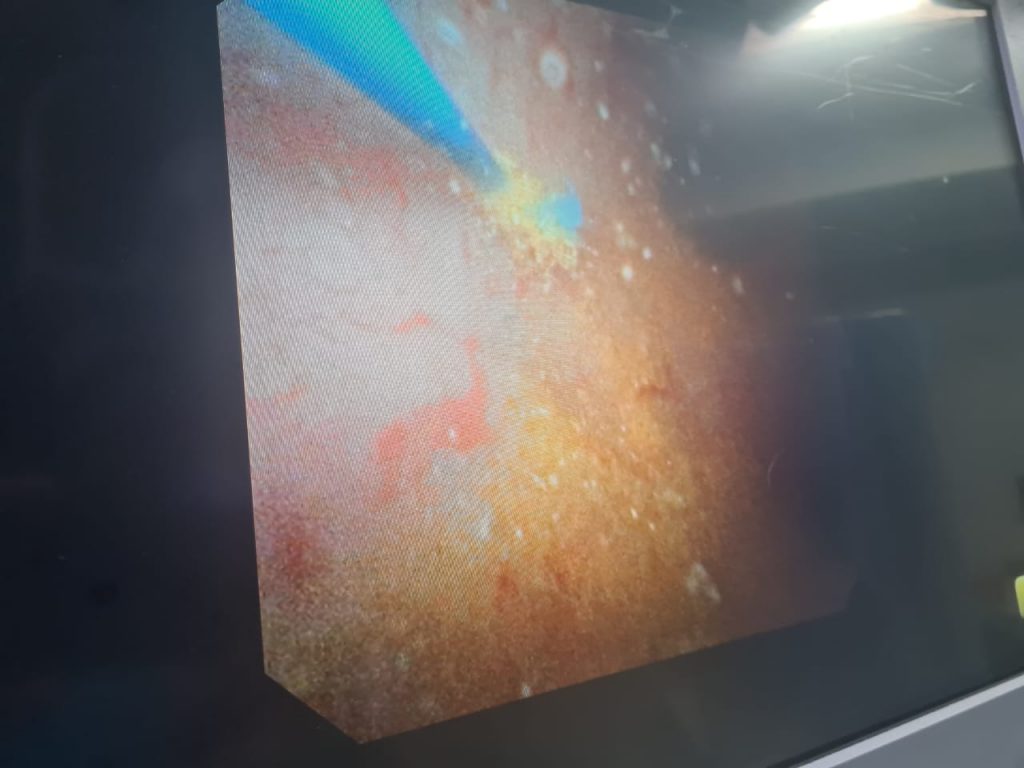
A procedure which uses a laser to break down the stones present in the kidney and urinary tract is known as laser lithotripsy. The laser breaks all kidney stones into smaller pieces. The small pieces of stone are either passed through the urine or removed by the surgeons. In the laser treatment process, the tubes of the urinary tract are used. A scope is passed through the tubes, and there is no need to have incisions.This kind of surgery is minimally invasive in which a patient is under the effect of anaesthesia and a small lighted instrument known as the Ureteroscope is placed into the urethra and urinary bladder. This makes it easier to see the stone in the kidney and the ureter.Holium laser energy is passed through the instrument to the stone, which is then broken to pieces. A small basket is used for the removal of the stones through the urethra and some pieces can pass through the urine.
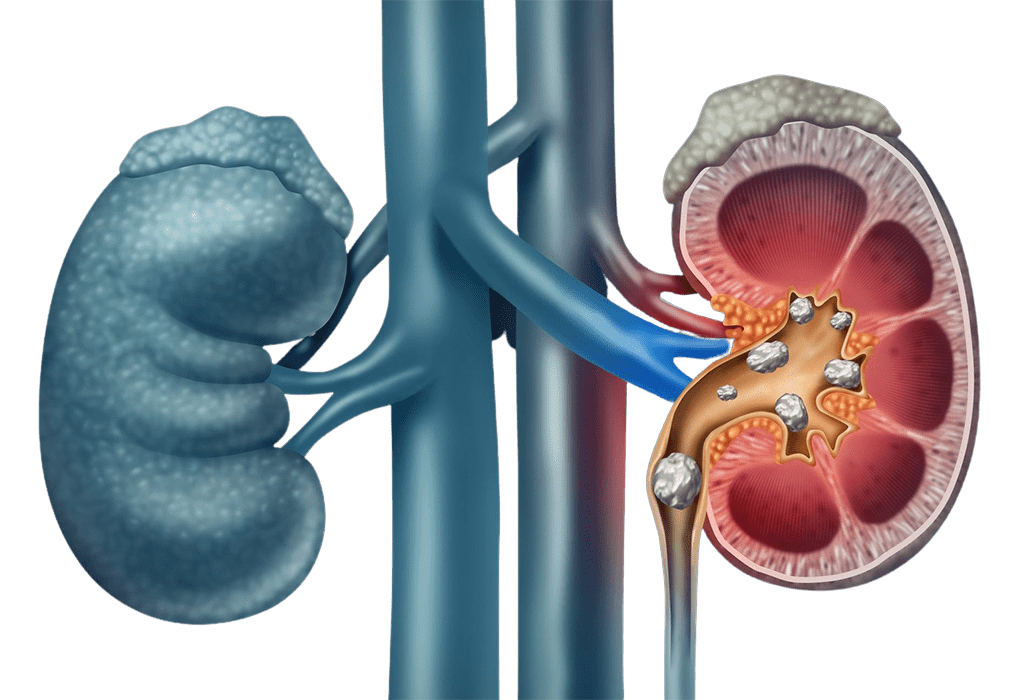
Laser lithotripsy may be chosen if other non-surgical treatments have failed or if kidney stones are:
Kidney stones can become trapped anywhere in the urinary tract, including the kidney and the ureter. The ureter is a tube that carries urine from the kidneys to the bladder. If a stone gets stuck in the ureter it can cause a blockage and the back-up of urine into the kidney. They can also be quite painful and can become infected.
Laser lithotripsy is used to break apart the kidney stone so that it can pass through the ureter. The pieces will either be removed by the surgeon using a special basket or left in place where they will move from the ureter to the bladder, then out of the body with the urine.
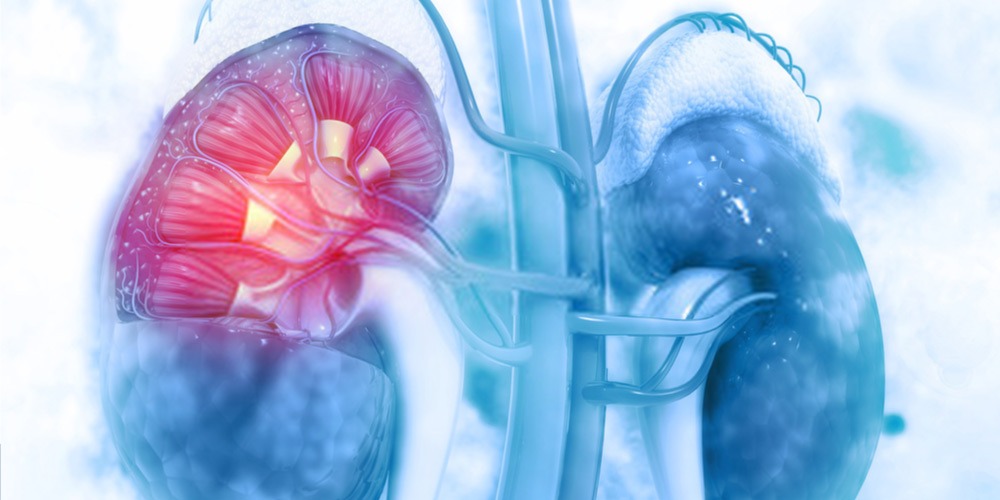
Complications are rare, but all procedures have some potential risk. Your doctor will review potential problems, like:
Before your procedure, talk to your doctor about ways to manage factors that may increase your risk of complications such as:
A ureteroscope is an instrument with a long thin tube that is hollow like a straw. The doctor can use this scope to view the urinary tract, find kidney stones, and pass instruments to the stone.
The scope enters the urinary tract through the urethra, the tube that carries urine out of the body. The scope continues to pass through the urethra, bladder, and into the ureter or kidney (if necessary) to access the stone.
Once the doctor sees the stone, a fiber will be sent through the scope to the stone. The fiber can create a laser beam to break up the stone. Small pieces may be removed using a basket that is passed through the scope. Small sand-like pieces may remain and will be gradually passed through the urine.
A temporary stent may be placed in the ureter. The stent will keep the ureter open, improve urine flow, and help the stone pieces pass. The stent will be removed after a few days or weeks.
How Long Will It Take?
Up to 2 hours
How Much Will It Hurt?
Anesthesia will prevent pain during surgery. The ureter and bladder can spasm and cause pain after the surgery. There may also be some pain or discomfort in the back. Stents can also cause discomfort. Pain and discomfort after the procedure can be managed with medications.
Post-procedure Care
At the Care Center
The medical team will monitor your recovery including your blood pressure, pulse, and breathing. Recovery may also include:
During your stay, the hospital staff will take steps to reduce your chance of infection such as:
There are also steps you can take to reduce your chances of infection such as:
At Home
Full recovery can take 1 to 2 weeks. Fatigue and discomfort are common but will fade during recovery. It may require minor changes to your daily routine.
Dr. Utture is Outstanding Doctor who gave good treatment to my 75 years old mother who was suffering from Kidney problem and stomach ache since last 3 years.
Thanks to Dr. Utture
Regards
I have been treated by Dr Anand Utture for multiple kidney stones.He is very knowledgeable, gives right advice, easily approachable and explains in simple language the problem and course of treatment.Takes special care of his patients, truly dedicated doctor
Extremely grateful to Dr Anand Utture for his timely and accurate diagnosis for treating my mother (81 years) for her kidney stones.
very experienced urologist & has done correct diagnosis & treatment of My Grandmother(81 yrs) for kidney stones.

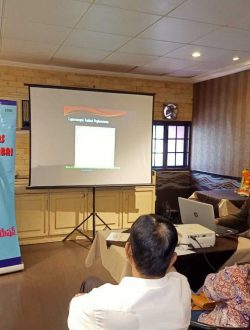

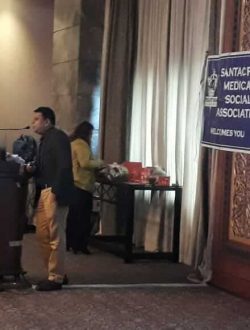

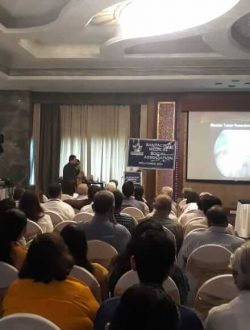
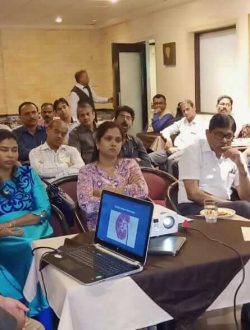

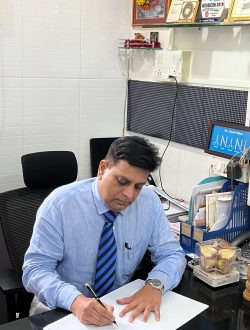


You will likely be able to resume normal activities within: Two to three days of having an external shock wave lithotripsy procedure or ureteroscopy and laser lithotripsy. One to two weeks after undergoing percutaneous nephrolithotomy.
Kidney stones are found in children as young as 5 years. The two most important reasons are not drinking enough fluids and eating foods that are high in salt. Kids should eat less salty potato chips and French fries. There are other salty foods: sandwich meats, canned soups, packaged meals, and even some sports drinks. Sodas and other sweetened beverages can also increase the risk of stones if they contain high fructose corn syrup.
Like the horns of a stag (deer), these stones get their name from the shape they take as they grow to fill the inside of the kidney. Staghorn stones often form because of repeated urinary tract infections (UTIs) with certain kinds of bacteria. Even though they can grow to a large size, you may have no idea you have them because they cause little or no pain. A staghorn stone can lead to poor kidney function, even without blocking the passage of urine. Most often, staghorn-shaped stones are the struvite/infection type of stone.
Kidney stones are more common in people who have a family member with kidney stones. Some conditions that cause stones may be inherited. But sometimes kidney stones form in relatives because of similar diets and lifestyles.
Diet changes recommended tor heart conditions also often help prevent stones. A healthy diet with lots of Fresh fruits and vegetables and less animal protein and salt can help avoid stones and other conditions. You can learn more from your dietician. Keeping a normal weight can also help avoid diabetes and stones.
Yes, kidney stones are serious as if untreated; they can lead to further problems of urinary tract infections and kidney damage. The growth of bacteria can lead to blockage and infection. Also, the presence of kidney stones for long can build up pressure on the kidneys and hamper their functioning.
If a stone in the ureter does not pass in a reasonable time or is causing pain or infection, you will need endoscopic surgery to remove it.
Except for uric acid stones, none of the stones can be dissolved by any form of medicine, let it be homoeopathy, allopathy or Ayurveda. Yes, one can pass a stone naturally when it is small, but for a stone to be able to pass out with the help of water and medicines, it has to be smaller than 6 -8 mm in size. Anything bigger than 8 mm has a less than 10% chance of passing out intact. Stones above 10mm in size should not be given medical treatment at all. It is very important to treat the stone when it is small and complications have not set in. The earlier the patient consults his urologist, the easier, cheaper, faster and less painful it is to remove his or her stone.
Beer does not help in dissolving kidney stones. In fact, beer is known to have excess oxalates and uric acid hence it can accelerate stone growth. There may be some diuretic (more urine production) effect of beer, but other fluids can also achieve this effect.
Your surgeon will give you specific instructions on what to do with your medications and diet before the date of your procedure. Most laser kidney stone treatments are done on an outpatient basis, so you can go home the same day.
You will have general anesthesia, so you will sleep through surgery. This helps make sure that you are still when the small instruments are inside your body. Newer lasers are precise and powerful which can make it easier for the surgeon to control and fragment the stone. This helps reduce the time of your surgery, so you can spend less time asleep and get back to your normal routine faster.
Dr Anand Utture is a Senior Urologist who is internationally recognized for his surgical expertise and academic contribution to the field of Urology, in particular, the sub-specialised field of Flexible ureteroscopy with Laser which is the latest & most advanced technology with the highest success rate for the treatment of kidney stones in the world
Book AppointmentMake an appointment with your doctor if you have any signs and symptoms that worry you.
Seek immediate medical attention if you experience:

